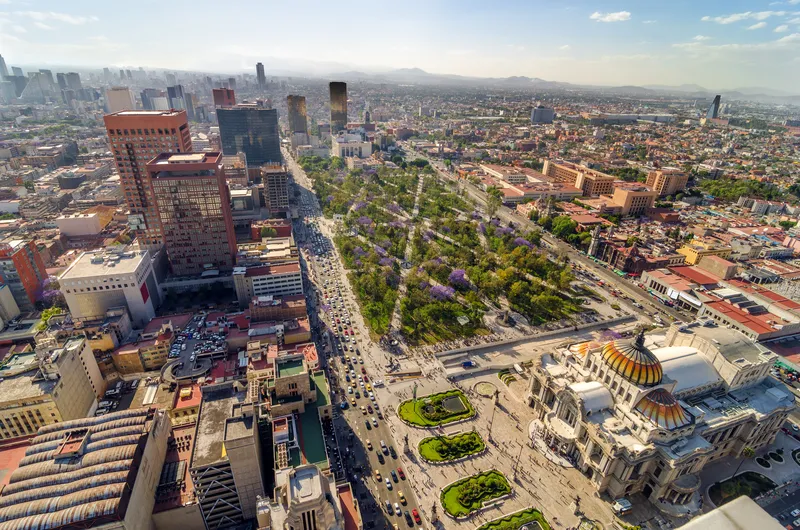The World Bank’s Board of Executive Directors approved a loan of US$120 million to China to support the integrated transport development in the Wuhan Metropolitan Region.
Located in Hubei Province in central China, the Wuhan Metropolitan Region is a city cluster formed by eight smaller cities within a 100-kilometre radius of the core city Wuhan and has been selected as a pilot in China’s search for a new urban development model attuned to the national goals of promoting equity and environmental sustainab
March 2, 2016
Read time: 2 mins
The 2000 World Bank’s Board of Executive Directors approved a loan of US$120 million to China to support the integrated transport development in the Wuhan Metropolitan Region.
Located in Hubei Province in central China, the Wuhan Metropolitan Region is a city cluster formed by eight smaller cities within a 100-kilometre radius of the core city Wuhan and has been selected as a pilot in China’s search for a new urban development model attuned to the national goals of promoting equity and environmental sustainability. The Wuhan Integrated Transport Development Project is aimed at improving transport within the region, which is critical for its overall economic functioning and for improving connectivity and integration.
More than 50 per cent of the World Bank financing will go to Anlu, a small city located within Xiaogan Municipality, one of the eight peripheral cities in the cluster, to finance improvements to selected road infrastructure, road safety measures, non-motorised transport facilities and public transport. Another major part of the financing is for strengthening the intelligent transport systems for Wuhan. The 642,500 residents in Anlu and 10.3 million residents in Wuhan are expected to benefit from the project.
“The project will focus on using technology to enable more seamless trips and reduce congestion, improving public transport and non-motorized transport; and enabling more equal access to transport for all sections of society, especially the poor,” said Arturo Ardila Gomez, World Bank team leader for the project. “Through these features, we hope to help achieve a more integrated and therefore balanced urban development pattern in the Wuhan Metropolitan Region. It will also showcase innovative integration solutions within each city as a model for replication in similar situations.”
Located in Hubei Province in central China, the Wuhan Metropolitan Region is a city cluster formed by eight smaller cities within a 100-kilometre radius of the core city Wuhan and has been selected as a pilot in China’s search for a new urban development model attuned to the national goals of promoting equity and environmental sustainability. The Wuhan Integrated Transport Development Project is aimed at improving transport within the region, which is critical for its overall economic functioning and for improving connectivity and integration.
More than 50 per cent of the World Bank financing will go to Anlu, a small city located within Xiaogan Municipality, one of the eight peripheral cities in the cluster, to finance improvements to selected road infrastructure, road safety measures, non-motorised transport facilities and public transport. Another major part of the financing is for strengthening the intelligent transport systems for Wuhan. The 642,500 residents in Anlu and 10.3 million residents in Wuhan are expected to benefit from the project.
“The project will focus on using technology to enable more seamless trips and reduce congestion, improving public transport and non-motorized transport; and enabling more equal access to transport for all sections of society, especially the poor,” said Arturo Ardila Gomez, World Bank team leader for the project. “Through these features, we hope to help achieve a more integrated and therefore balanced urban development pattern in the Wuhan Metropolitan Region. It will also showcase innovative integration solutions within each city as a model for replication in similar situations.”









